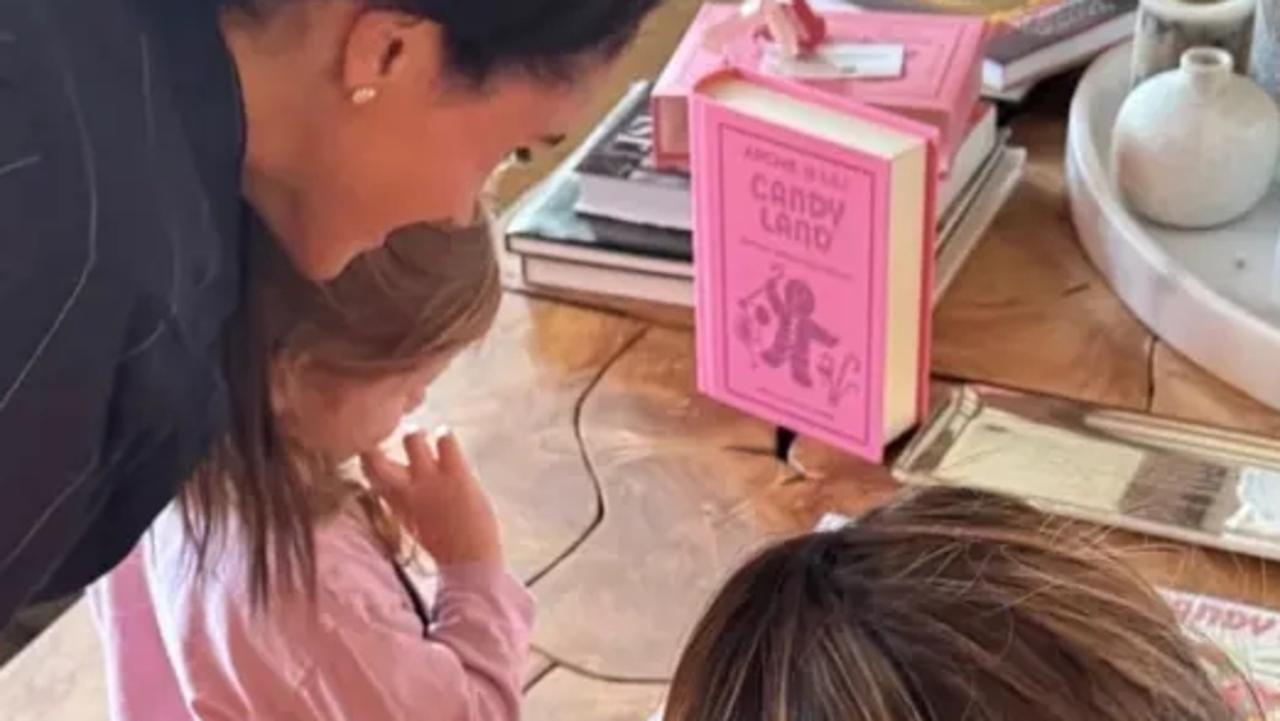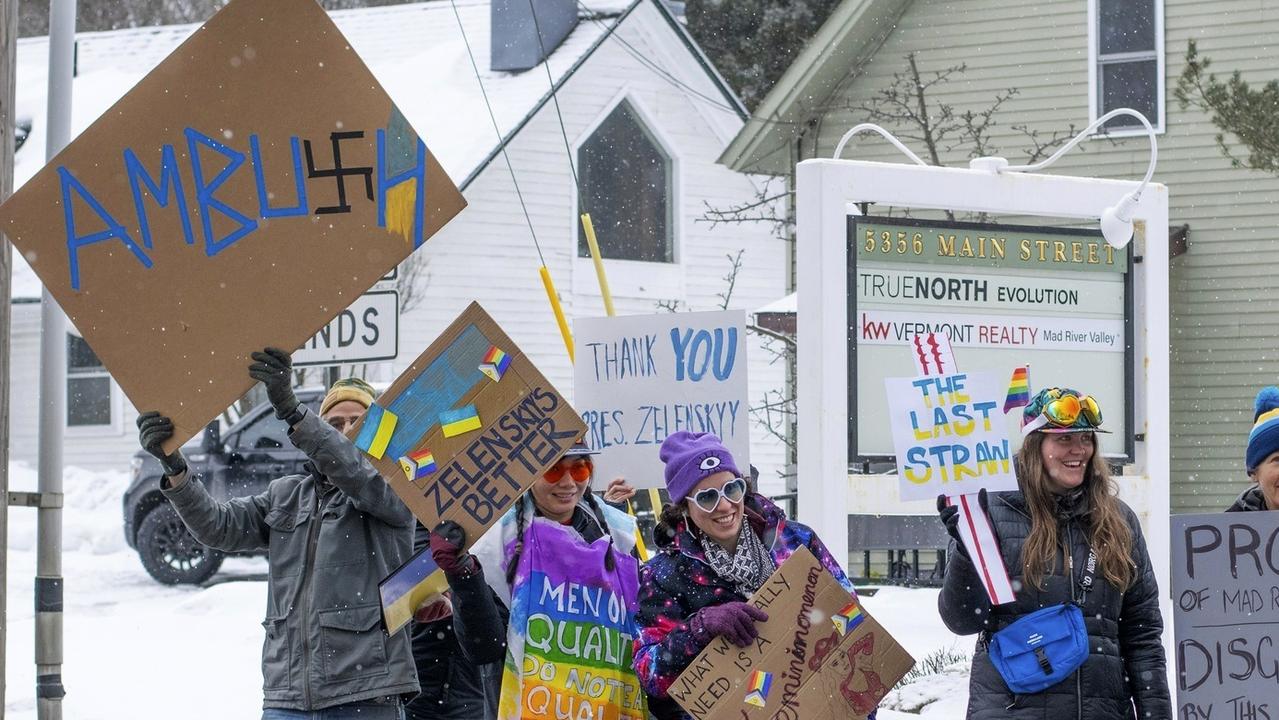Australia’s female soldiers inspire Afghan women to take on leadership and military roles
ON the western outskirts of Kabul, there is something of a revolution happening that will change the face of Afghanistan forever — women are joining the military.
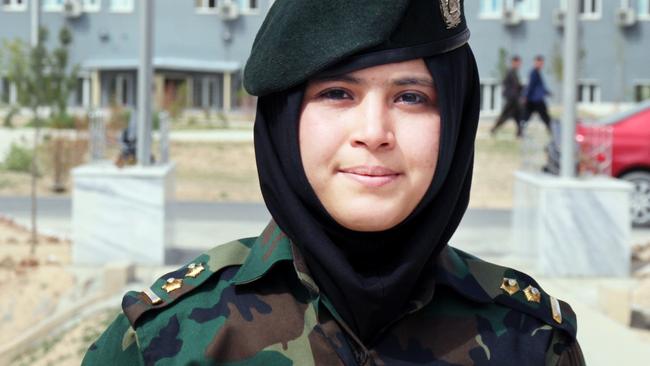
World
Don't miss out on the headlines from World. Followed categories will be added to My News.
EXCLUSIVE
ON the western outskirts of Kabul, there is something of a revolution happening that will change the face of Afghanistan forever.
And in a small way, the grit, professionalism and character of Australia’s female soldiers are indirectly playing a hand.
Afghan women are emerging from the shadows of a once restricted domestic life and lack of basic rights, to enter colleges, careers and leadership roles something on par with male counterparts.
Where in Saudi Arabia such a change was brought on overnight with a royal edict on things like allowing women to drive, in Afghanistan it’s been a slow burn culture change spurred on by three decades of war and the overthrow of the Taliban 15 years ago.
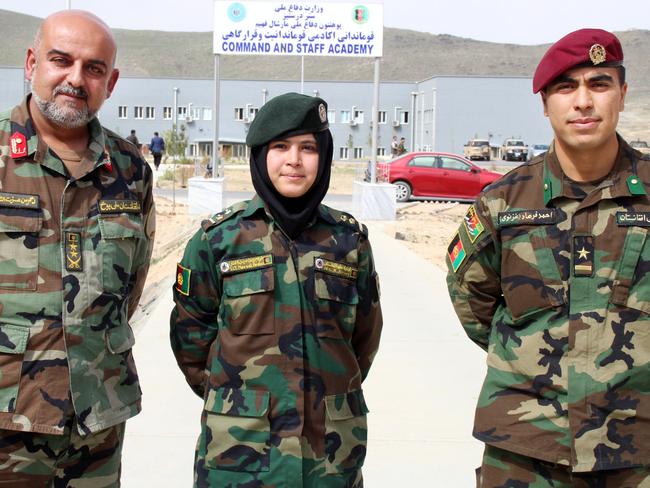
Nowhere epitomises the change than on a plateau at the expansive 105-acre Marshal Fahim National Defence University (MFNDU) in Qargha district which houses three military academies and a language college where women are for the first time being treated as equals to male counterparts.
It’s ironic that this ancient strategic plateau, ringed by crescent shaped ranges on Kabul’s fringes, witnessed other cultural revolutions including the presence of Alexander the Great in 326BC then Genghis Khan in 1222AD and Russia troops in the 1980s.
“As a young female officer I feel this generation we have support, from culture issue and war issue and if we are to go ahead and face these challenges we have to improve ourselves,” 22-year-old Lieutenant Mursal Afshar said.
“In our culture being allowed to serve is something different and tough because in our culture women are seen as a weak species so whenever a woman wears this uniform equal to a man in the army, women themselves may no longer think or say ‘we can’t.’ We have a door open for women to do what we want to do and for women officers we have a lot of chances.”
She anticipated being the defence minister in five years time.
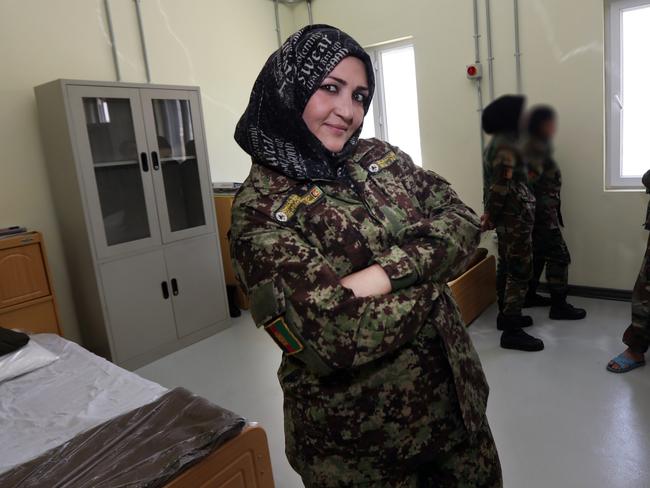
Part time actress/director and now Sgt Major Tirina Amiri, 30, said some women still can’t reveal what they do but time was changing.
“Now this is a good democracy, I can serve in the military and be proud,” she said.
“I do this for my country, for my life, for my people. I am happy and I do my work. There was a time things were not good security for women to work in the military or somewhere but now women can serve their country. More women 100 per cent are coming now.”
Many of the students credit their confidence in part to their female ADF mentors, assisting and advising their instructors and senior brass.
One of the Aussie academy mentors Army Captain Louise Broadfoot, former Australian national cricket star said the only restrictions now for women are overnight field exercises.
As to why women were entering the military now she said recognition.
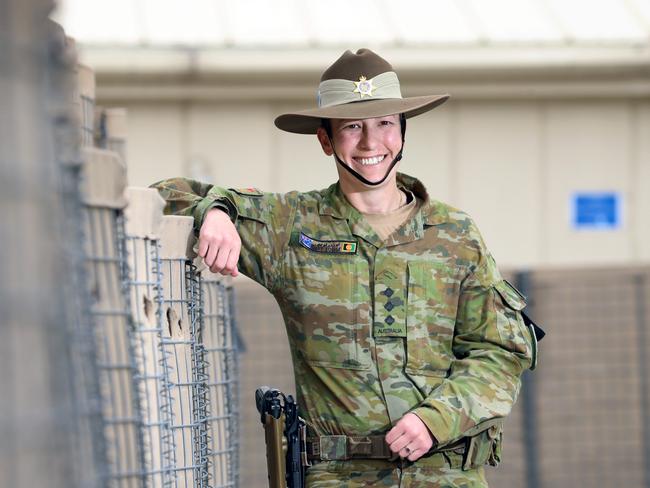
“I would like to think it is because they recognise they are missing out on 50 per cent of their population to contribute to their army,” Capt Broadfoot said of the change.
She said integration is being pushed hard — with less that under 10 per cent of students currently female — there is some resistance from male soldiers who have had combat field experience being lectured by senior Afghan females who haven’t, because they couldn’t, coming up through the ranks.
Some female students also tell their families they are going to university in Kabul instead of the fact they’ve joined the military college, for fear of being targeted.
But Capt Broadfoot’s message is strong.
“My sergeant does lack confidence in her instructional ability so a lot of it is confidence building, making sure she understands the material and can deliver it in a confidant manner and also making sure she knows its okay to fault correct not just the females but male cadets too, if they are holding the weapon wrong or not meeting standards,” she said.
Capt Broadfoot said seeing so many Australian female Diggers in Afghanistan has also helped the confidence of her students as has just swapping personal stories.
Originally published as Australia’s female soldiers inspire Afghan women to take on leadership and military roles

